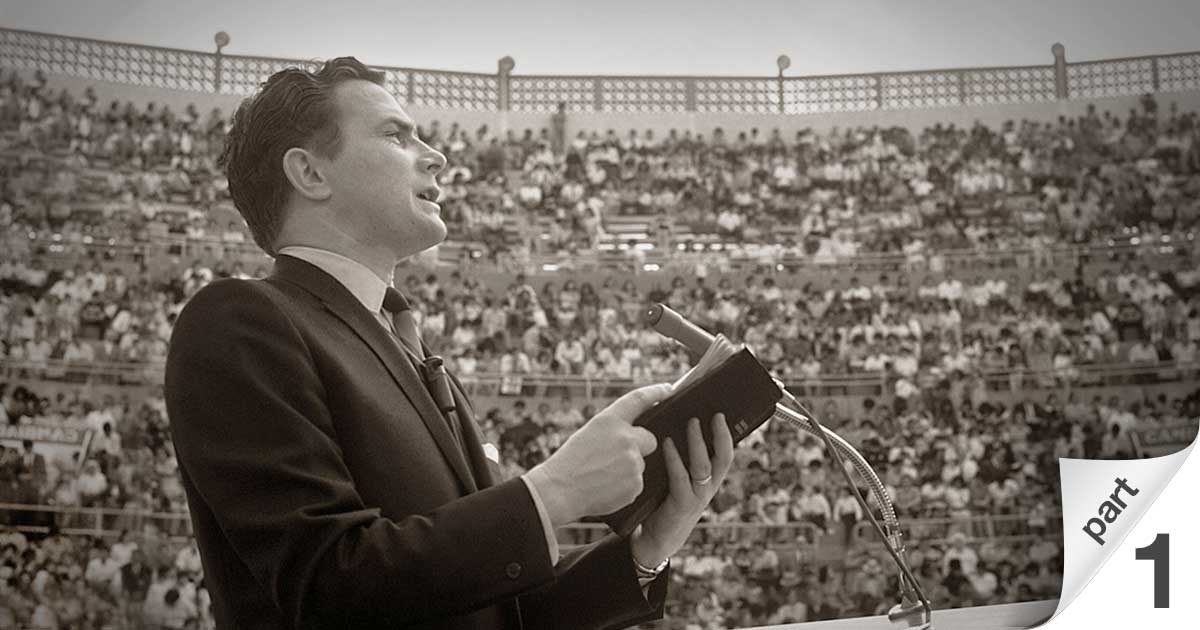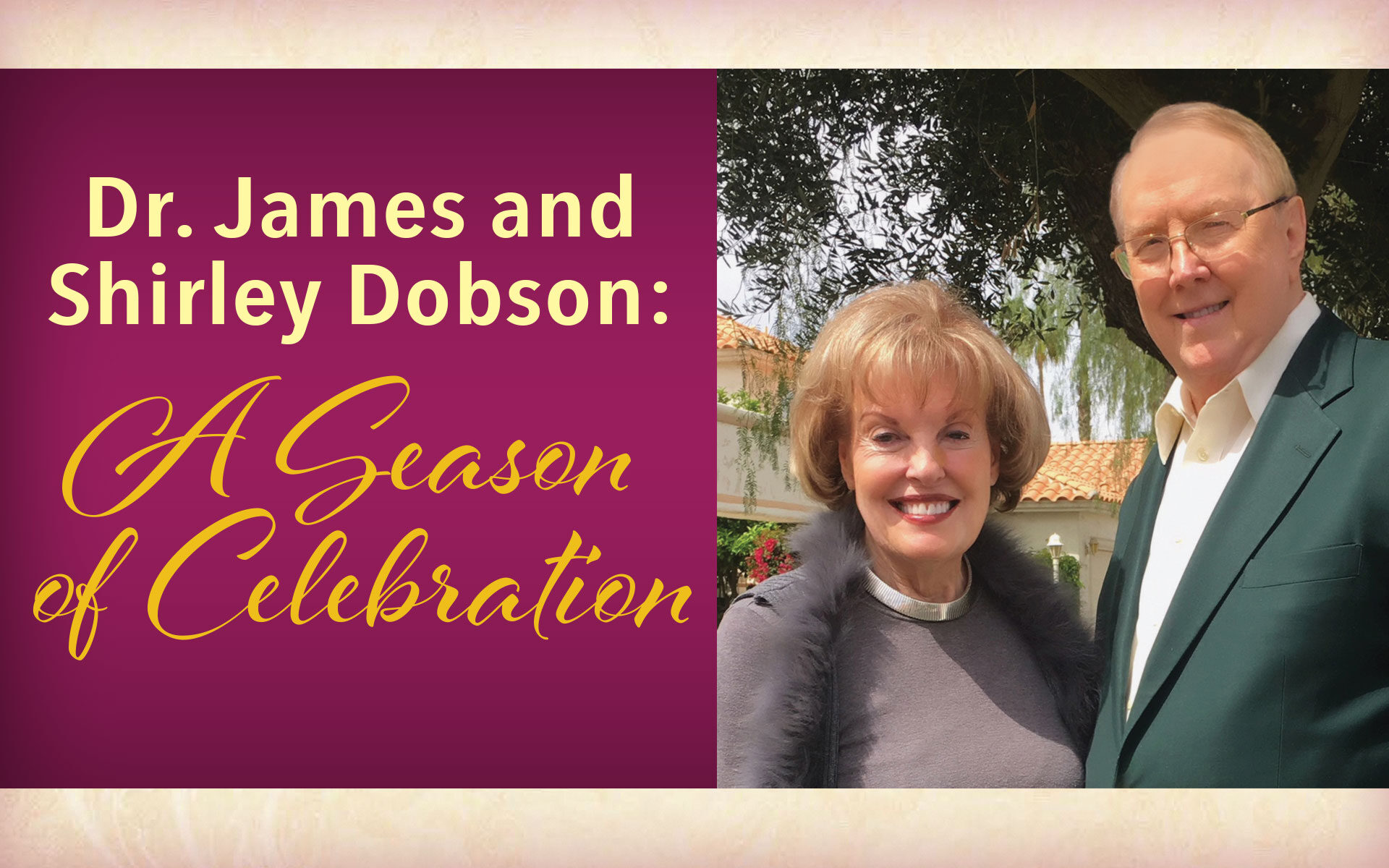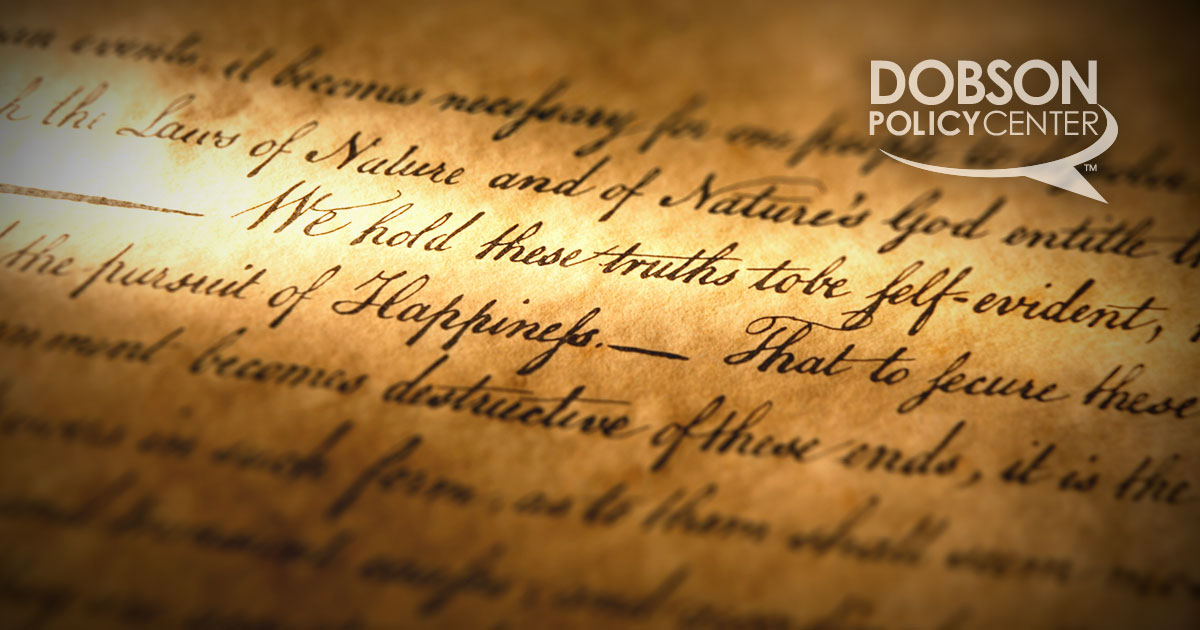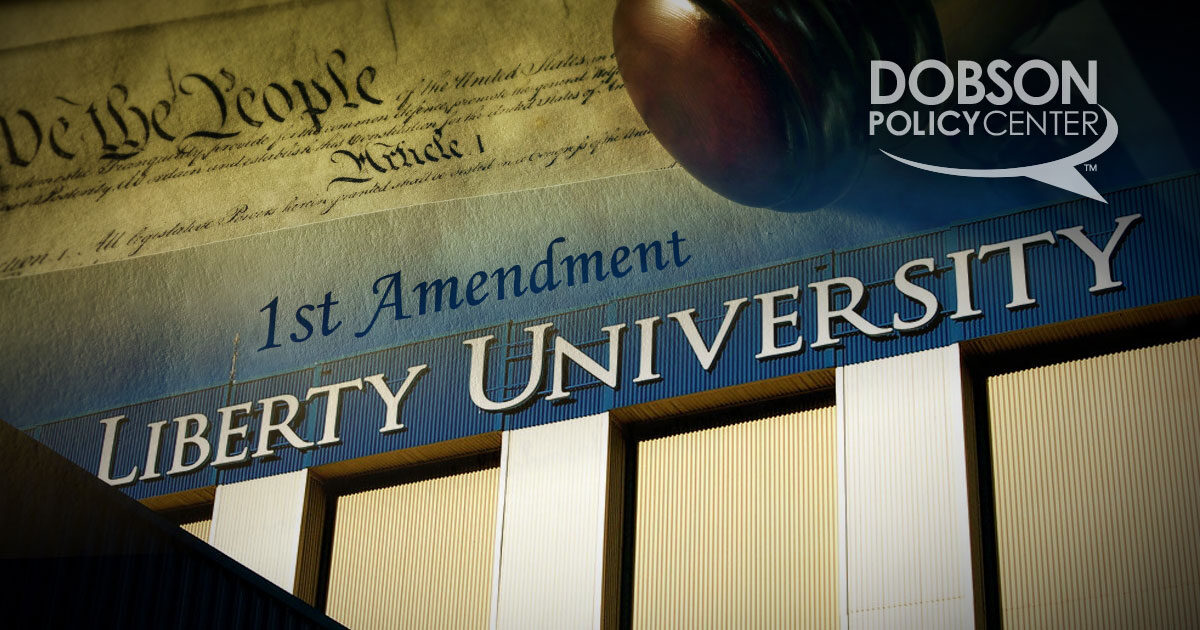While the Dobbs verdict is undoubtedly something to celebrate, the battle to save preborn children is not over. Conservative states, in general, are upholding the sanctity of life, while so-called "progressive" states promote abortion on demand. These polar actions reflect the two major political parties' positions as stated on their platforms.
The surprise is that pro-abortionists, even in some conservative states such as Kentucky and Ohio, won important ballot initiatives that expand the right to destroy preborn children. Their victory was, in part, because they have far more money to spend than pro-life advocates.
Exit polls show that "pro-aborts" also won because many self-described conservatives and evangelical Christians voted to allow more abortions in their states. That is heartbreaking. I believe this lack of pro-life support is more evidence to urge pastors to preach about the sanctity of life as a moral issue. Without pro-life pastoral leadership, congregations will not be able to navigate these critical issues.
Of course, we at JDFI are disappointed that a margin of conservatives and Christians are voting to support pro-abortion ballot initiatives. But we are mortified that over a dozen "progressive" Christian and Jewish leaders and other religions, such as the Episcopal church and the Unitarian Universalist church, filed a lawsuit claiming that Missouri's pro-life law was a violation of the separation of church and state and their "religious freedom." (By the way, members of The Satanic Temple also challenged Missouri's pro-life laws on "religious liberty" grounds.)
Where did those organizations get that crazy idea? They claim that Missouri's pro-life laws are based on religious ideas because the laws recognize that "Almighty God is the author of life"1 and "life begins at conception."2 Thankfully, a judge recently dismissed the lawsuit. The idea that life begins at conception is a biological reality. There is no doubt about that fact.
God as the author of life and our liberty was written in our Declaration of Independence as the belief of America's founders. It is sad that some "religious leaders" are now seemingly rejecting God's authorship, and they are going to court to try to stop preborn babies—even if just one—from being saved. But rest assured, JDFI continues to defend the sanctity of life, working toward the day when all of God's children are protected under the law and welcomed into the world.
1. Timothy H.J. Nerozzi and Fox News, June 22, 2024.
2. “188.010,” Missouri Revisor of Statutes - Revised Statutes of Missouri, RSMo, Missouri Law, MO Law, Joint Committee on Legislative Research, accessed June 24, 2024,











